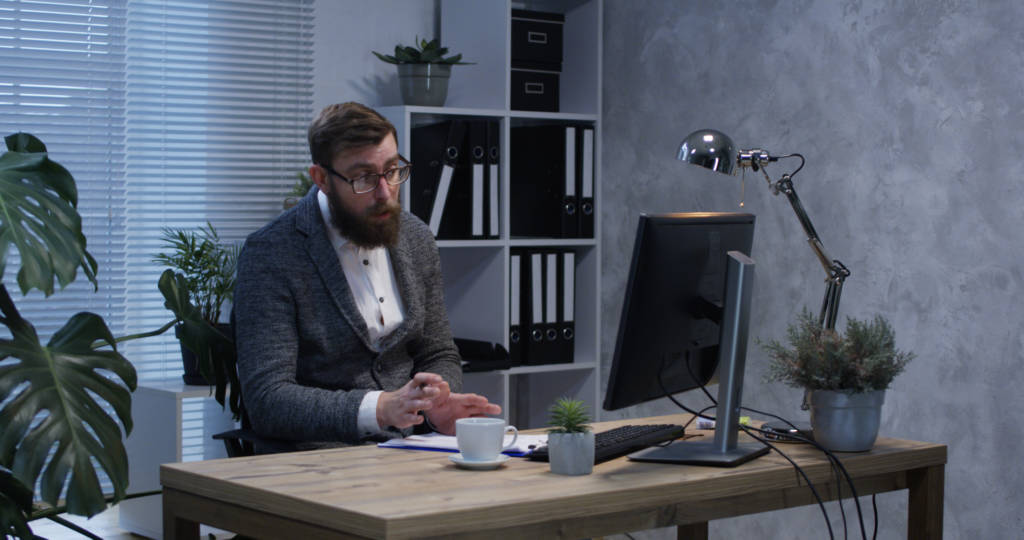Services
Telecommunicative Therapy

Many people have busy lives or because of geographical distance cannot come to the office for therapy sessions. For these people, who would not otherwise be able to pursue treatment, I offer telecommunication sessions – sessions that are conducted on Skype, FaceTime, Zoom, or other similar sites. I find that it works surprisingly well. It allows me, as the therapist, to watch subtle nuances in body language and facial expression. These are important indicators of how someone is feeling at the moment. Being able to see the client allows me to see this type of behavior during the therapy sessions, something not possible with telephone sessions. And for the client, being able to see the therapist is important for establishing connection and trust. And, of course, this method is far better than not being able to have therapy at all.
Individual Psychotherapy with Adolescents and Adults
I believe that successful therapy involves empathy, respect, and understanding. Using these as a foundation on which to build a therapeutic relationship, I work from an eclectic model that includes Psychodynamic principle and theory, as well as aspects of Cognitive Behavior Therapy, Reality-Based Psychotherapy, Emotionally-Focused Psychotherapy and Client-Centered Psychotherapy. I use the relationship between therapist and client as a learning tool which helps to uncover patterns of communication and behavior reflective of your communication and behavior outside the office. This focus also allows for the uncovering of, and changing of old beliefs, patterns of behavior, and styles of communication that began early in life and continue to cause distress in the present.

Couples’ Therapy

Diagnostic Consultation
After having been in private practice and having worked in a variety of other settings (hospitals, schools, etc.) for nearly thirty years, I have had experience working with individuals with many different types of problems and syndromes. These include depression, anxiety, bipolar disorder, schizophrenia, and personality disorders. My research has been in the area of personality disorders. I have also had extensive experience with cognitive and psychodiagnostic testing. I am frequently referred patients/clients for second opinions who pose diagnostic questions. Often, an accurate diagnosis results in more effective treatment and the setting of realistic treatment goals.
Clinical Supervision
As a seasoned clinical psychologist, I am able to offer supervision to other clinicians who may be working with challenging patients/clients . In addition, I offer supervision to newly licensed and license-eligible clinicians. For license-eligible psychologists, this type of supervision is a requirement for licensure. I have found that this is a particularly helpful and effective tool for providing the best possible clinical care. It is also a truly rewarding experience for both supervisor and supervisee.
Populations Served
My practice has always included a vast array of people of different ages, ethnic backgrounds, political affiliations, and sexual orientations. I work with individuals as young as thirteen and adults into their eighties. In this day and age, people tend to have strong political affiliations and opinions about world events. I enjoy working with people with varying social, political, and economic backgrounds, and find that I am able to learn a great deal from all of my clients, partly because of these differences. I have worked extensively with people in the LGBTQ+ community and with heterosexually-identified people as well. I specialize in working with couples, and have been privileged to work with couples of all sexual orientations and genders. My practice consists of individuals who are all unique – and they are treated and respected as such.